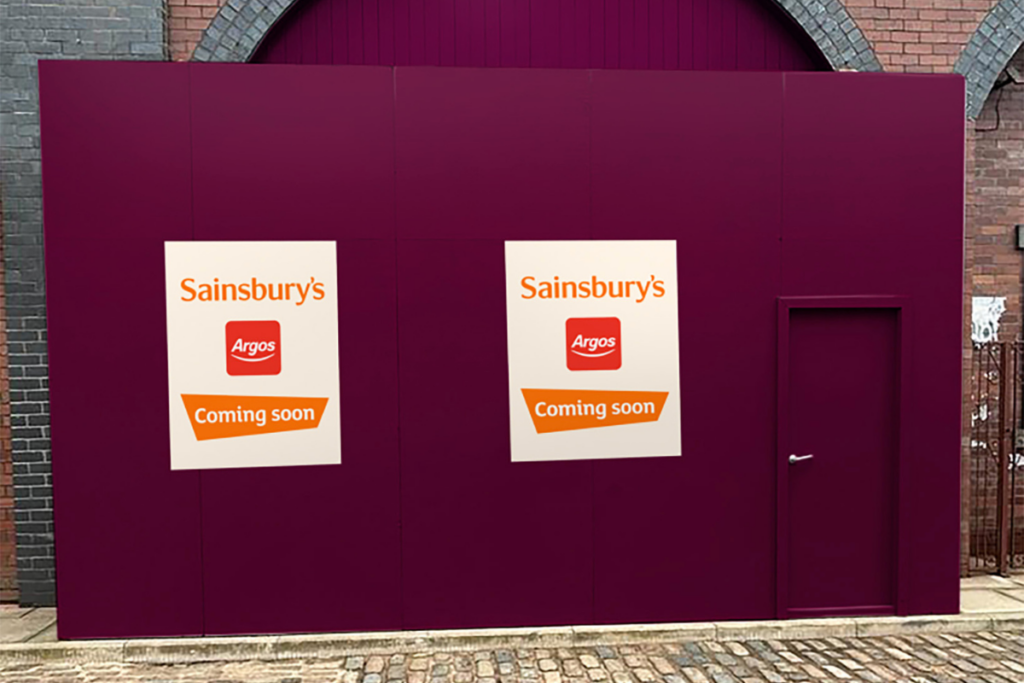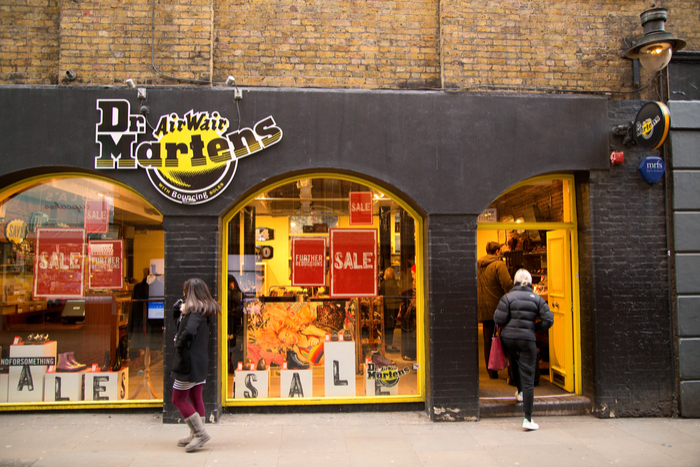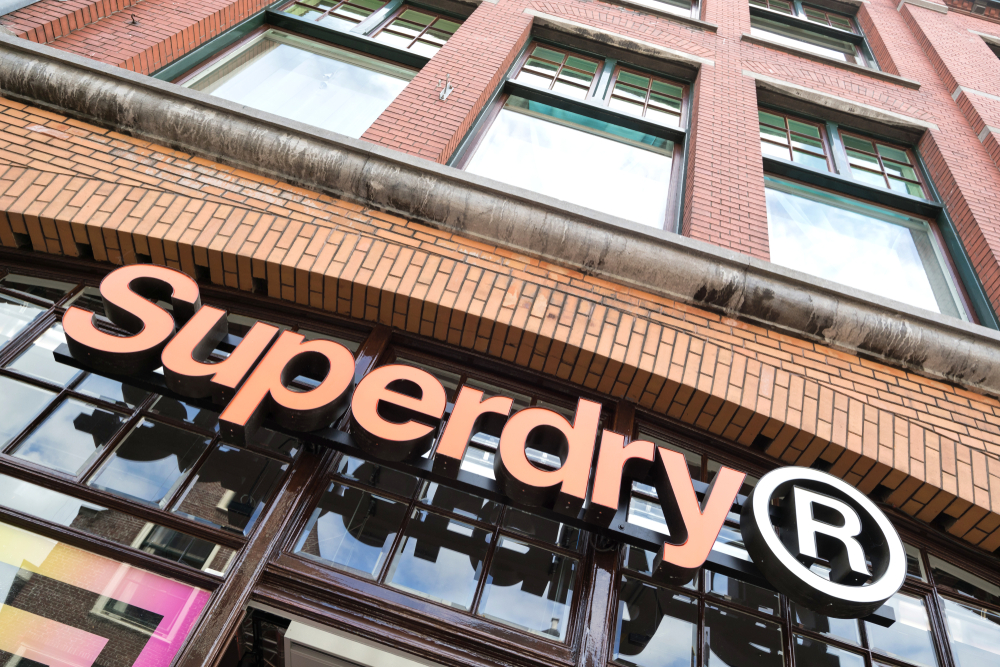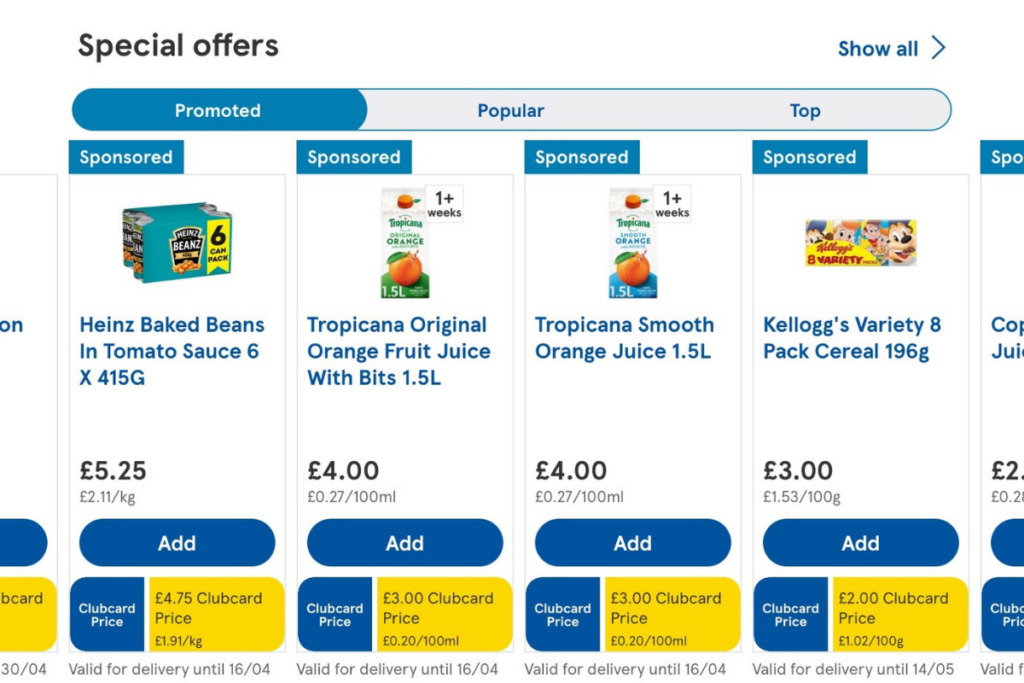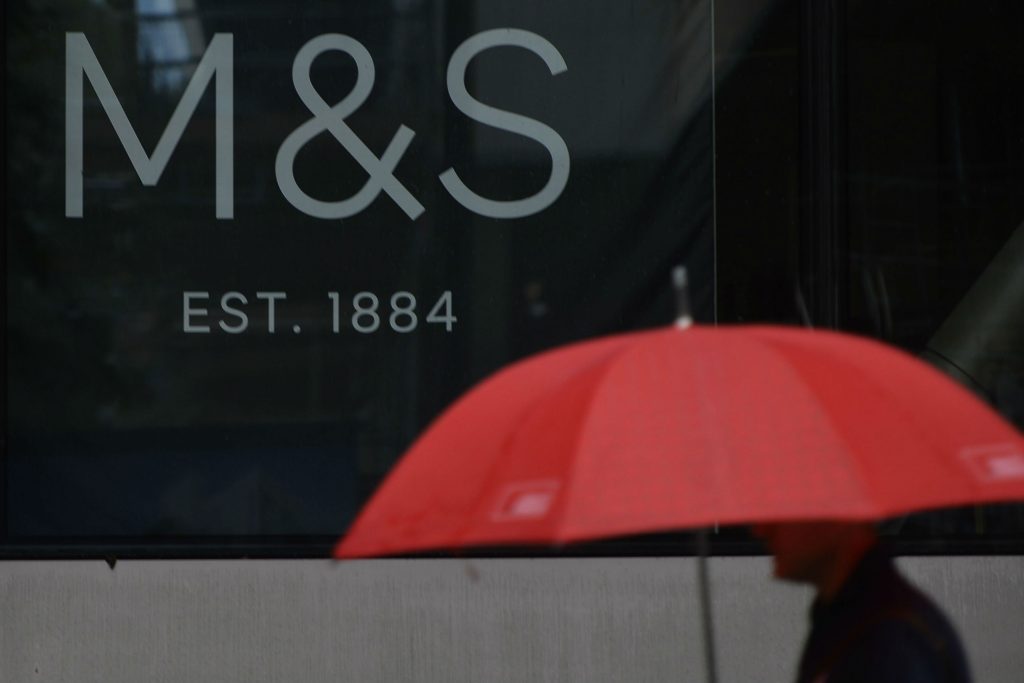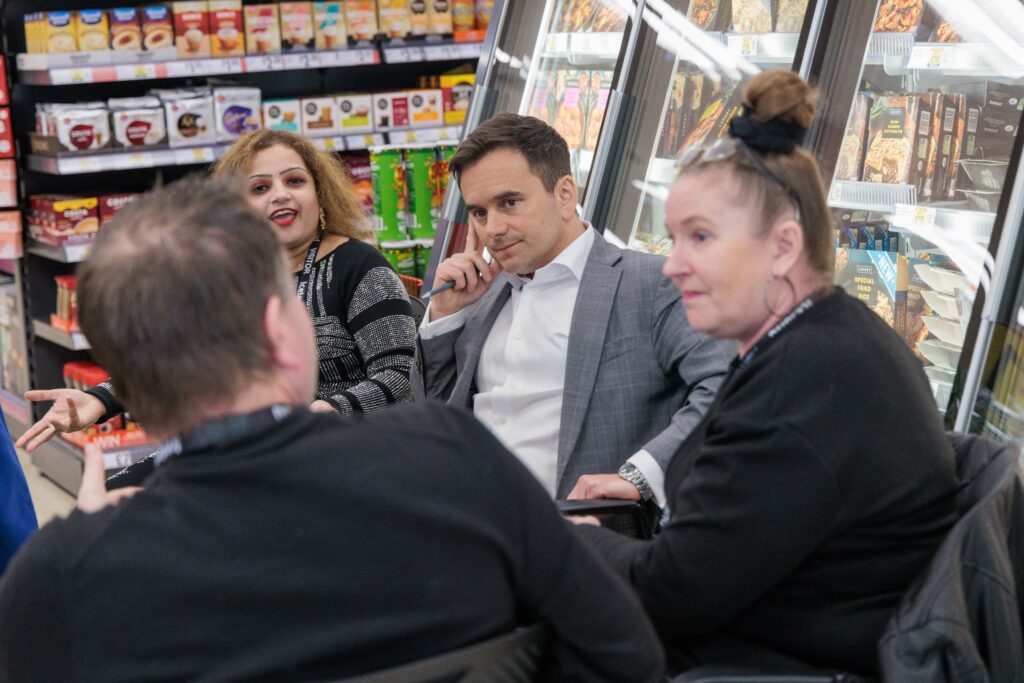The UK‘s leading retailer Tesco has today revealed plans for rapid and substantial changes to its domestic operations after announcing disappointing full-year results.
Tesco, which represents around 30 per cent of the British grocery market, achieved an increase in group profit before tax of 5.3 per cent in the 52 weeks ending February 25th 2012, but its UK profits fell one per cent during the period to £2.5 billion.
CEO Philip Clarke has admitted that the quality and service of its domestic stores has slipped in recent times, and has today unveiled plans to invest £1 billion in its UK operations to try and reverse this decline.
Some 20,000 new staff members are to be recruited by the business over the next two years, its store expansion plans are to be reduced by 38 per cent, and more focus will be put on existing stores with 430 of its outlets to be refurbished in this financial year.
All of these improvements will mean that UK profits are to be put at a lower priority in the short-term, but Clarke believes that the growing strength of its international business, which achieved profits of £1.1 billion in the year, will support these changes.
“The last few months have seen us drive a faster pace of change in Tesco, particularly in the UK, reflecting our determined focus on the immediate objectives for the group that were set out last April,” Clarke said.
“This pace of change will accelerate further over the next twelve months. We have already taken important steps to renew and strengthen management in the UK and across the Group in key areas, to support this programme of change.
“These are decisive steps and this cost investment – as we have already announced – will constrain our near-term profitability.
“We are adapting our UK capital plans so that we have the right store base for the future, to underpin the returns that create long term value for our shareholders. Together these steps are the right things to do both to improve the shopping trip for customers and to secure a return to profitable growth in the UK.”
Improvements in customer offers, the doubling of product lines online, the recruitment of 8,000 new employees and the upgrading of stores is cumulatively estimated to knock £600 million from Tesco‘s group profits this year alone.
Group sales during the year totalled a huge £72 billion, with international revenues of £23.6 billion, as its US & Asian operations posted like-for-like sales rises of 11.9 per cent & 1.9 per cent respectively.
Losses at US-based retail brand Fresh & Easy fell for the first time during the year and by February next year the division will boast 230 stores, however it is now likely to take longer for the business to finally break-even.
Economist Intelligence Unit analyst Jon Copestake argues that with consumer sentiment so depressed, such an investment in service & stores rather than reducing prices represents a risk.
“Equally, the domestic focus could be spurning much greater retail opportunities in fast-growing emerging markets where Tesco has enjoyed comparative success,” Copestake commented.
“Global competitors have recently set their sights on new markets in Asia, Sub-Saharan Africa and Latin America, with a special focus on easing restrictions in India. Some may ask whether £1 billion might have gone further in these markets.”
General merchandise has been a major drag on profitability for the group, with UK LFLs in non-food items down 3.9 per cent in the year, but increased investment in product lines, an rise in the number of stores offering click & collect services and further improvements online are expected to improve this performance.
Competitors such as Asda & Sainsbury‘s have eaten into Tesco‘s market share in the last six months but Phil Dorrell, Director at retail consultants Retail Remedy, says that with
RELATED STORIES


